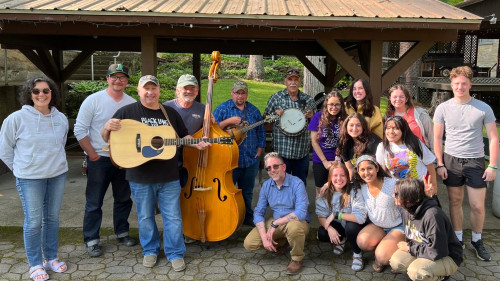
Siena has received approval from the New York State Education Department for its newest academic program: criminal justice studies.
Students can enroll in the interdisciplinary program effective immediately. A bachelor of arts and a minor will be offered.
Criminal justice studies, a frequently searched-for major by prospective students, will examine the intersections of justice, law, economics, policy, technology, and social change, according to Christiane Farnan, Ph.D., dean of the School of Liberal Arts.
“The program offers Saints a criminal justice degree uniquely focused on restorative and transformational justice principles,” said Farnan. “This focus is one of the attributes that sets it apart from similar majors at other colleges.”
Anne Rody-Wright, J.D., teaching professor of First-Year Seminar, will serve as the program's director. Several current faculty members from various disciplines will teach courses in the program, and the College plans to hire two additional full-time faculty.
The program features three tracks:
Human Rights: Explores policies and procedures with an emphasis on how to better serve those impacted by the criminal justice system through possible reforms and through the implementation of restorative justice processes. These focus on harm reduction and repair, and communal responsibility to ensure collective health and progress.
Policy, Practice & Administration: Examines the ways in which our government institutions and infrastructure function in the realm of criminal justice. The inner workings of law enforcement, courts, and corrections will be explored, in addition to studying the processes of arbitration and mediation.
Forensics: Prepares graduates for leadership and management careers in criminal forensics. They are provided with practical tools to conduct investigations as well as the ethical and legal background to challenge fraudulent practices that permit injustices to occur.
“Graduates of this program will have strong research and analytical abilities as well as in-depth criminal justice theoretical knowledge from multidisciplinary and intersectional perspectives,” said Farnan.

